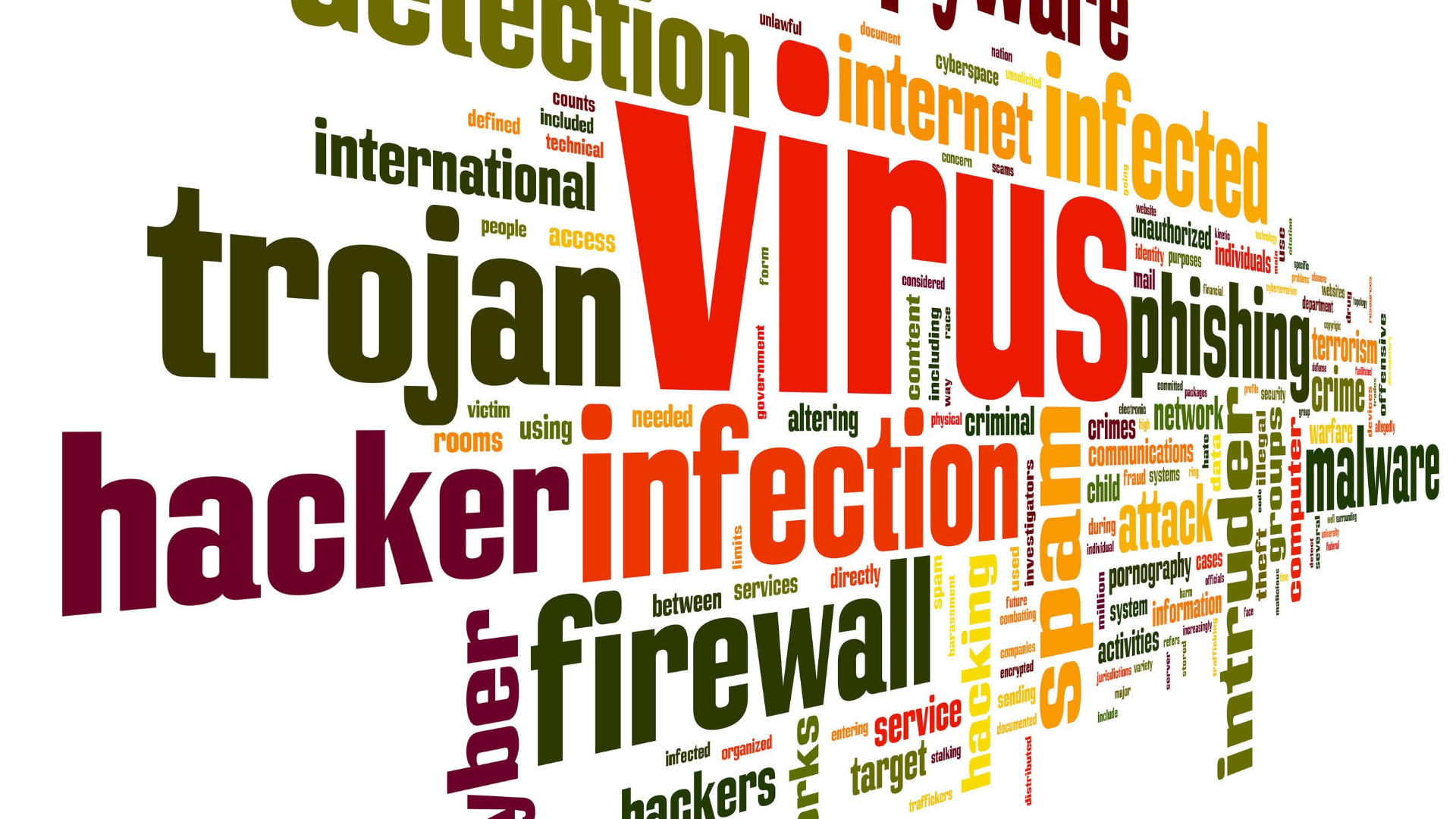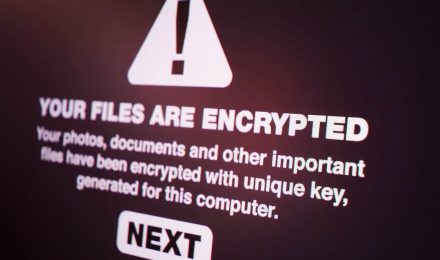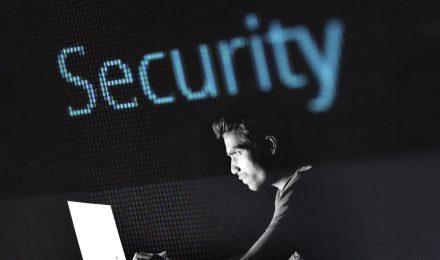
CHALLENGES AND OPPORTUNITIES OF AI
As the use of the internet expands, the associated risks such as cyberattacks, scams, and privacy breaches also increase. Whether you are engaged in browsing, shopping, or conducting online business, prioritizing your online safety is paramount. This article delves into crucial tips and practices to ensure your safety while navigating the online landscape in Uganda.
If you care about privacy online, you need to actively protect it. Once you’ve lost your privacy, you realize you’ve lost an extremely valuable thing.
Here are some of the tips for staying safe online in Uganda
Using strong and unique passwords
The cornerstone of staying safe online is established through robust and distinctive passwords. Your password serves as the initial barrier against unauthorized access. To enhance your online safety:
- Utilize a blend of uppercase and lowercase letters, numbers, and symbols in your passwords.
- Refrain from incorporating easily guessable information such as birthdays or common phrases.
- Contemplate employing a password manager to create and securely store intricate passwords.
Keep you software and devices Updated
Obsolete software and devices often expose vulnerabilities to security threats. To ensure that you are staying safe online:
- Routinely update your operating system, browsers, and applications.
- Activate automatic updates when possible to guarantee protection against known vulnerabilities.
Be aware of phishing attempts
Phishing, a prevalent online threat, involves cybercriminals posing as legitimate organizations to pilfer personal information. To steer clear of falling prey to phishing attempts:
- Exercise caution when clicking on links or downloading attachments in emails, particularly from unfamiliar senders.
- Authenticate the legitimacy of websites and emails by scrutinizing for spelling errors or unusual requests.
Use and transact only via secure wi-fi networks
Public Wi-Fi networks allover the world can be convenient but often lack the security measures needed to protect your data. When using public Wi-Fi:
- Avoid accessing sensitive accounts or conducting financial transactions.
- Use a virtual private network (VPN) to encrypt your connection and protect your data.
Educate yourself about the world of scammers
Increase your awareness of scams and fraudulent activities by educating yourself on common tactics and red flags. Understanding the various forms of scams, such as phishing, identity theft, and online fraud, empowers you to recognize potential threats and take proactive measures to protect yourself and your personal information. Stay informed about the latest scam trends and security best practices to enhance your online safety. Scammers frequently target individuals online through various scams like lottery scams, romance scams, and investment scams. To stay safe:
- Exercise skepticism regarding unsolicited emails or messages promising substantial sums of money.
- Thoroughly research and verify the legitimacy of investment opportunities before making commitments.
Protect your personal information
Safeguarding your personal information is paramount for staying safe online . Exercise caution when sharing sensitive details, such as your Social Security number, bank account information, or home address. Legitimate organizations typically do not request such information through email or unsolicited messages. Stay vigilant to protect your privacy and minimize the risk of falling victim to identity theft or fraud.
Proactive monitoring of your accounts
Regularly monitoring your online accounts is crucial for detecting suspicious activity early, especially in financial and email accounts. If you notice any unauthorized access or suspicious transactions, promptly report them to the relevant authorities or service providers. Taking swift action can help mitigate potential damage and enhance your overall online security.
Secure your social media accounts
Social media platforms are frequent targets for cyberattacks and identity theft. To ensure safety on social media in Uganda:
- Adjust your privacy settings to restrict who can access your personal information.
- Enhance the security of your social media accounts by implementing two-factor authentication (2FA). This additional layer of protection requires you to provide a second form of verification, typically through a code sent to your mobile device or email, in addition to your password. By enabling 2FA, you significantly strengthen the security of your social media accounts and reduce the risk of unauthorized access.
- Exercise caution in sharing personal details and be selective about your online connections.
Exercise caution when downloading content off the internet
Downloading files or software from untrusted sources can expose your device to malware or other security risks. To ensure your staying safe online:
- Only download from reputable websites and official app stores like google play store or apple store.
- Check reviews and ratings before installing unfamiliar apps.
- When installing software or mobile apps, scrutinize the permissions requested, avoiding those that infringe on your privacy. Stay vigilant to protect your device from potential threats.
Install Reputable Antivirus and Anti Malware Software
Antivirus software serves as an additional layer of protection against malware and viruses. Ensure that you are staying safe online by:
- Investing in reputable antivirus software like Malwarebytes, Bit Defender, Kaspersky & Norton among others
- Keeping the software up to date to address emerging threats.
- Conducting regular scans on your devices to identify and remove potential security threats. This proactive approach enhances the overall security of your digital environment.
Staying safe online is possible with the right knowledge and practices. By adhering to these essential tips and maintaining vigilance in your online interactions, you can safeguard your personal information, finances, and online identity. In the evolving digital landscape, staying informed and proactive is vital for a secure and enjoyable online experience. Keep in mind that ensuring online safety is an ongoing effort, and staying updated on the latest threats and security measures is essential for maintaining security in the digital age.
If you are interested in further discussions about available options for staying safe online and safeguarding yourself, please feel free to reach out and speak with an expert. Your online safety is important, and experts can provide personalized advice and guidance to enhance your digital security. Contact us today at + (256) 781 353987 or drop us an email at [email protected]. Let’s embark on a journey towards innovation and excellence together!






